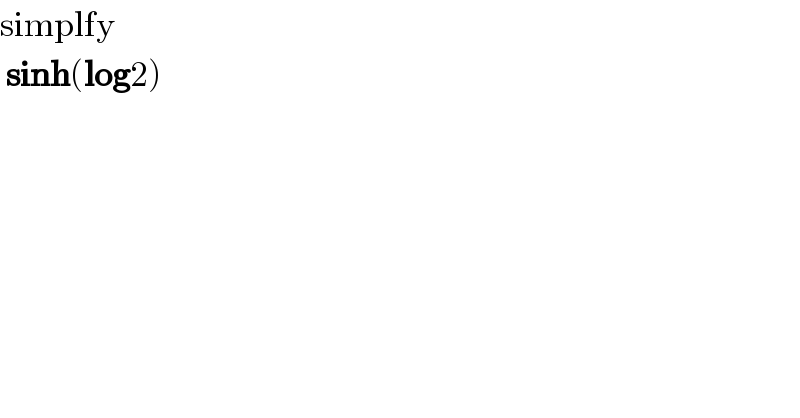
Question and Answers Forum
Question Number 175285 by MathsFan last updated on 26/Aug/22

Answered by MJS_new last updated on 26/Aug/22

Commented by MathsFan last updated on 26/Aug/22

Commented by MJS_new last updated on 26/Aug/22

Answered by MikeH last updated on 26/Aug/22

